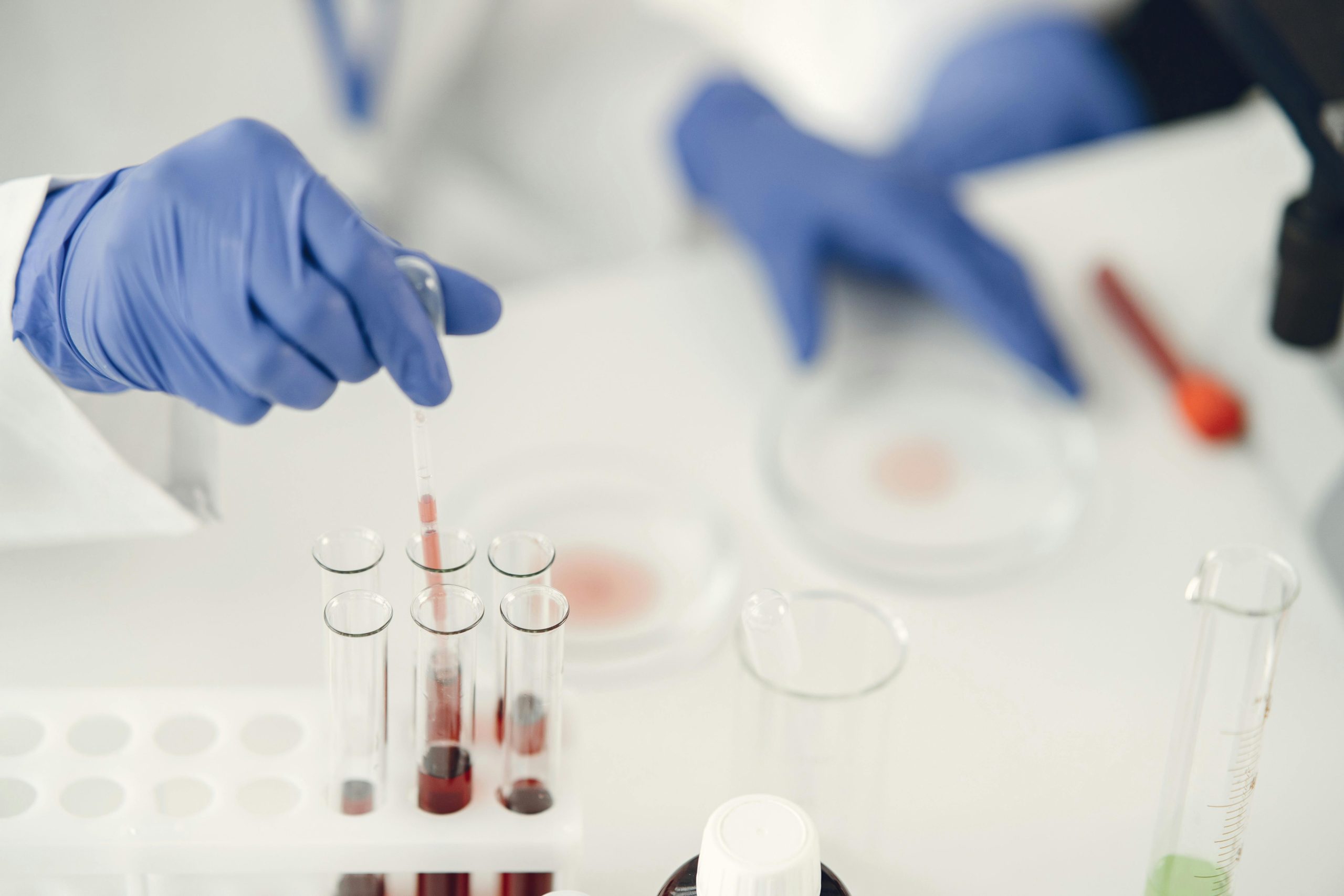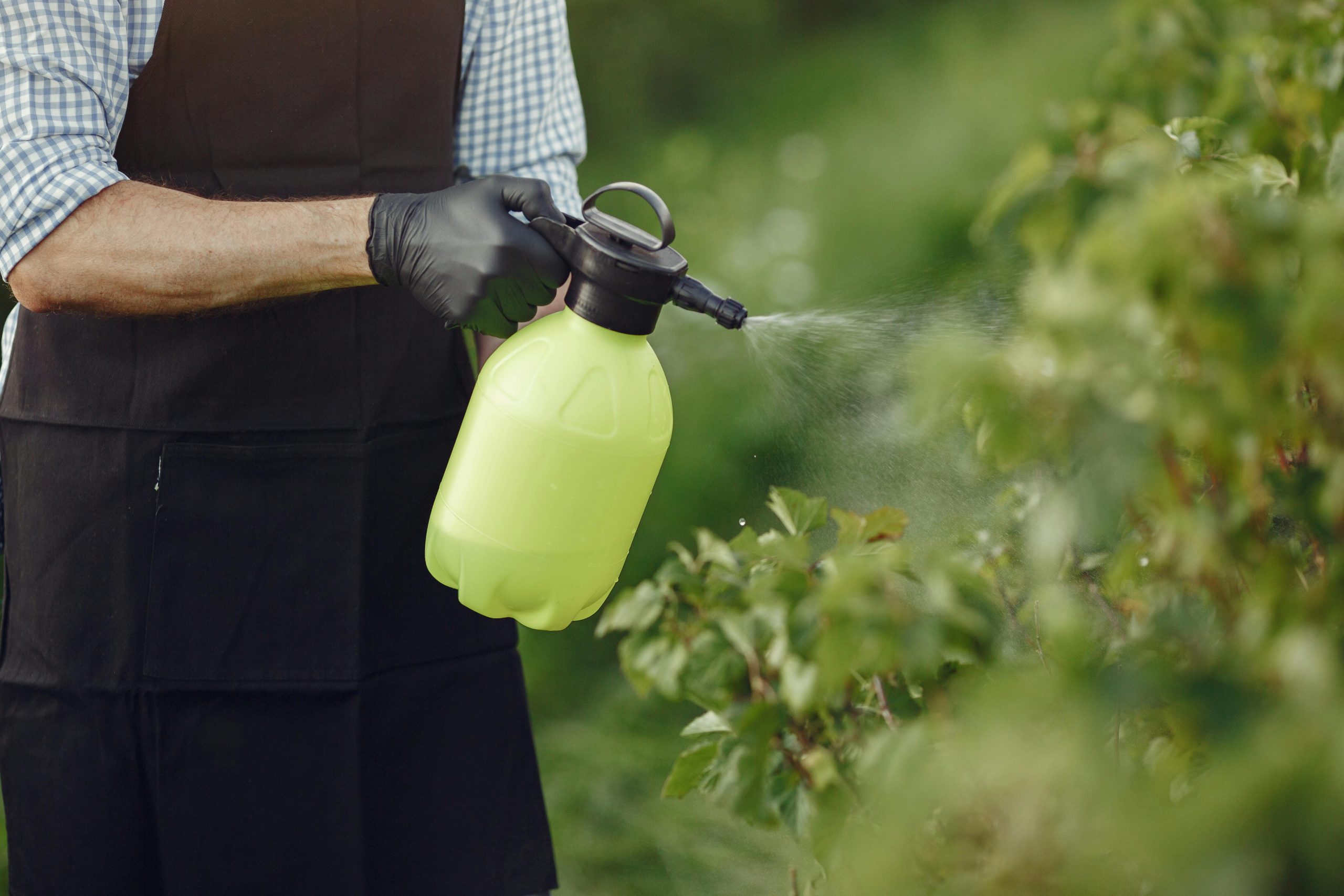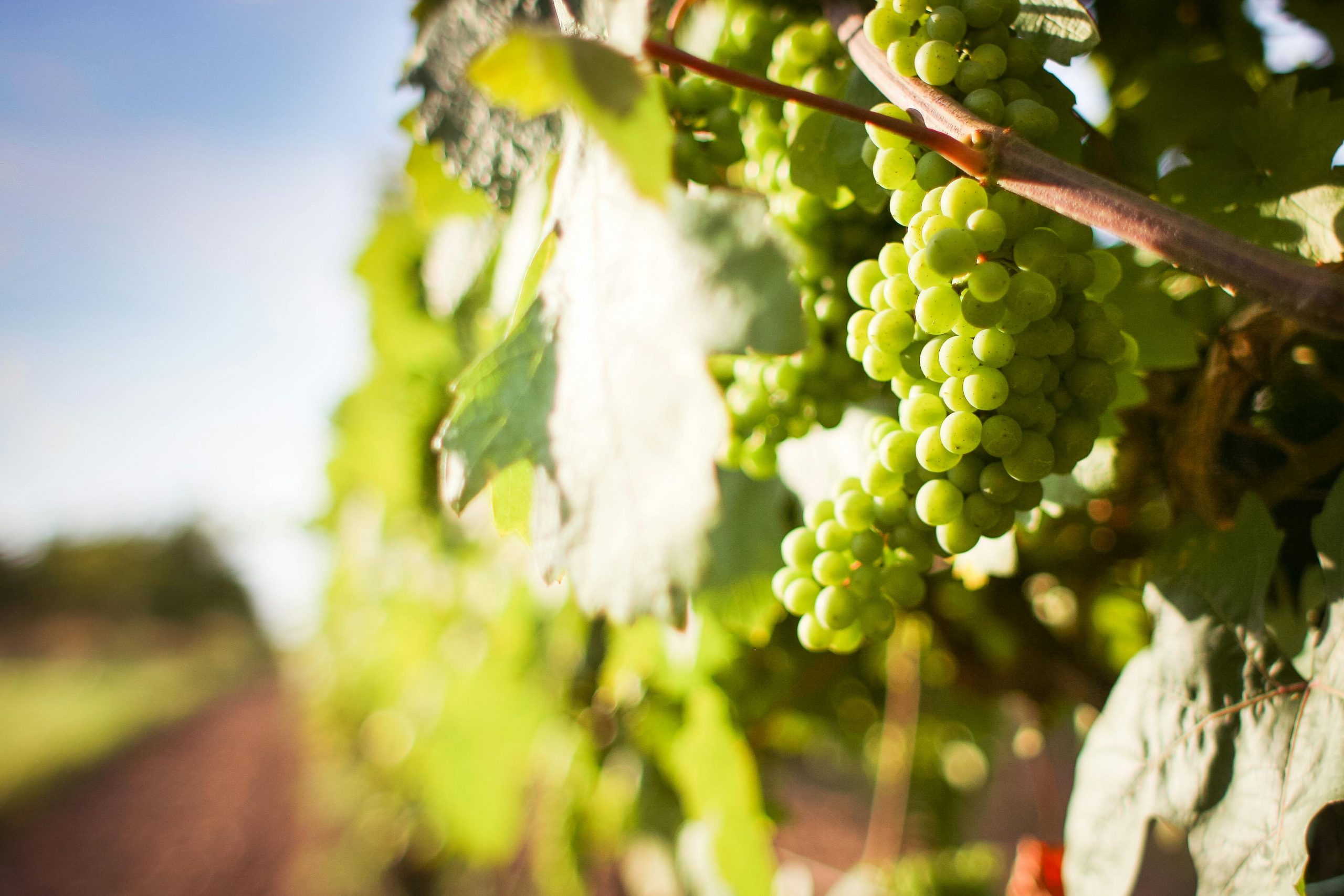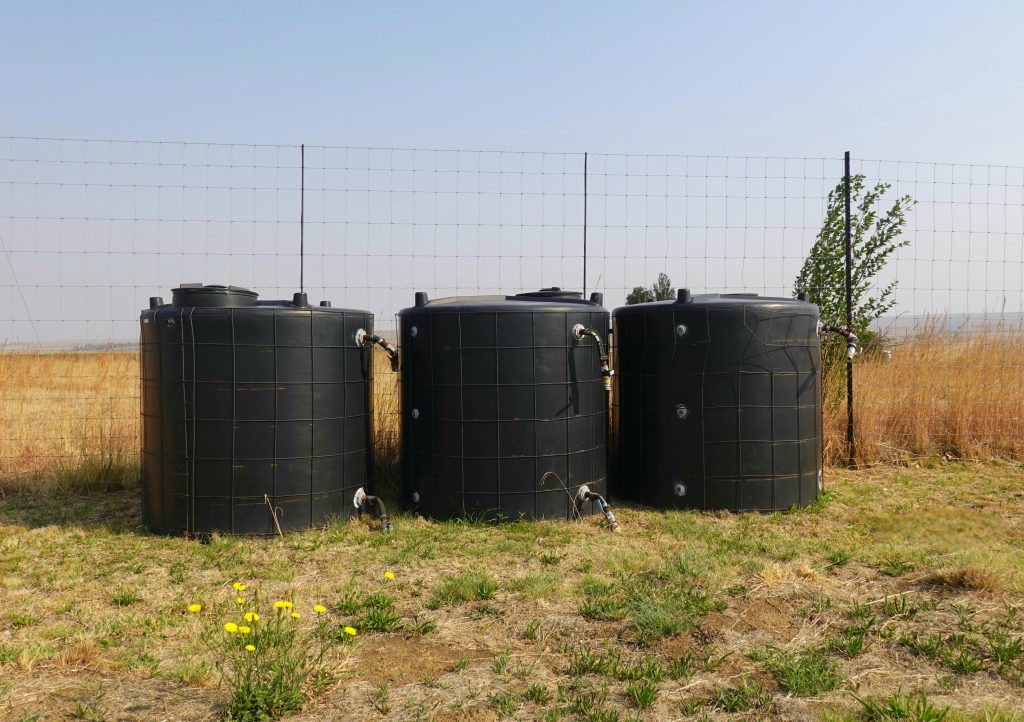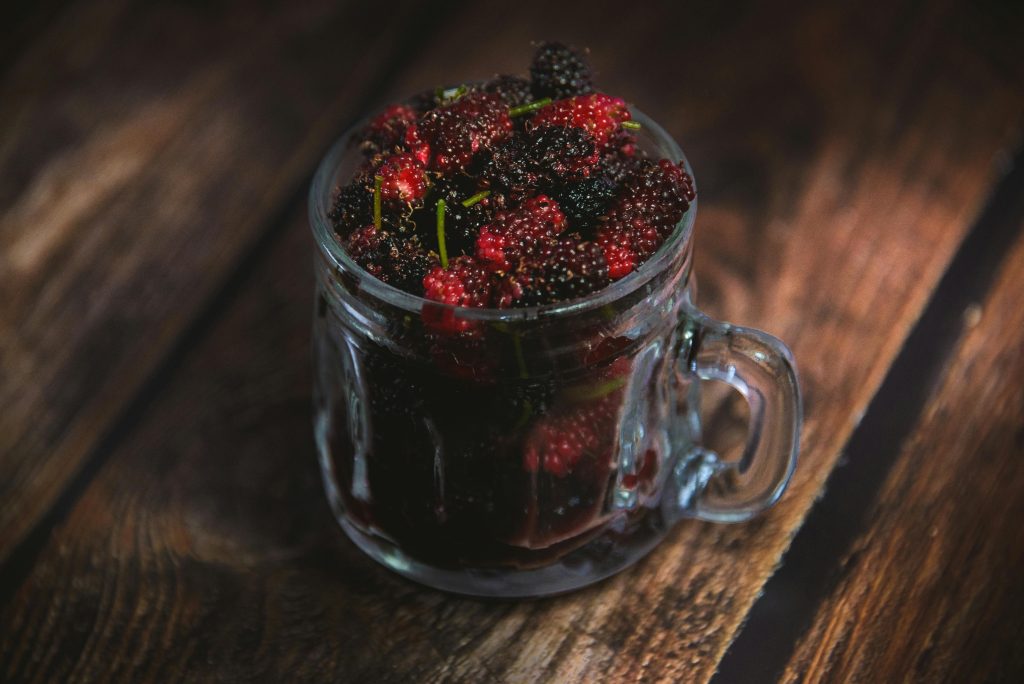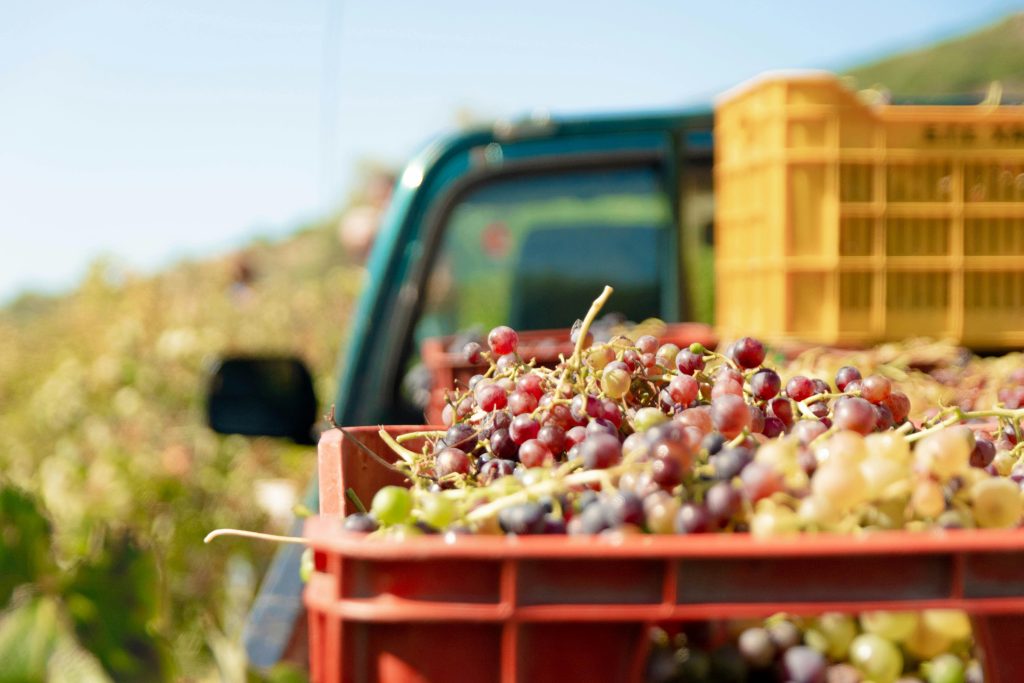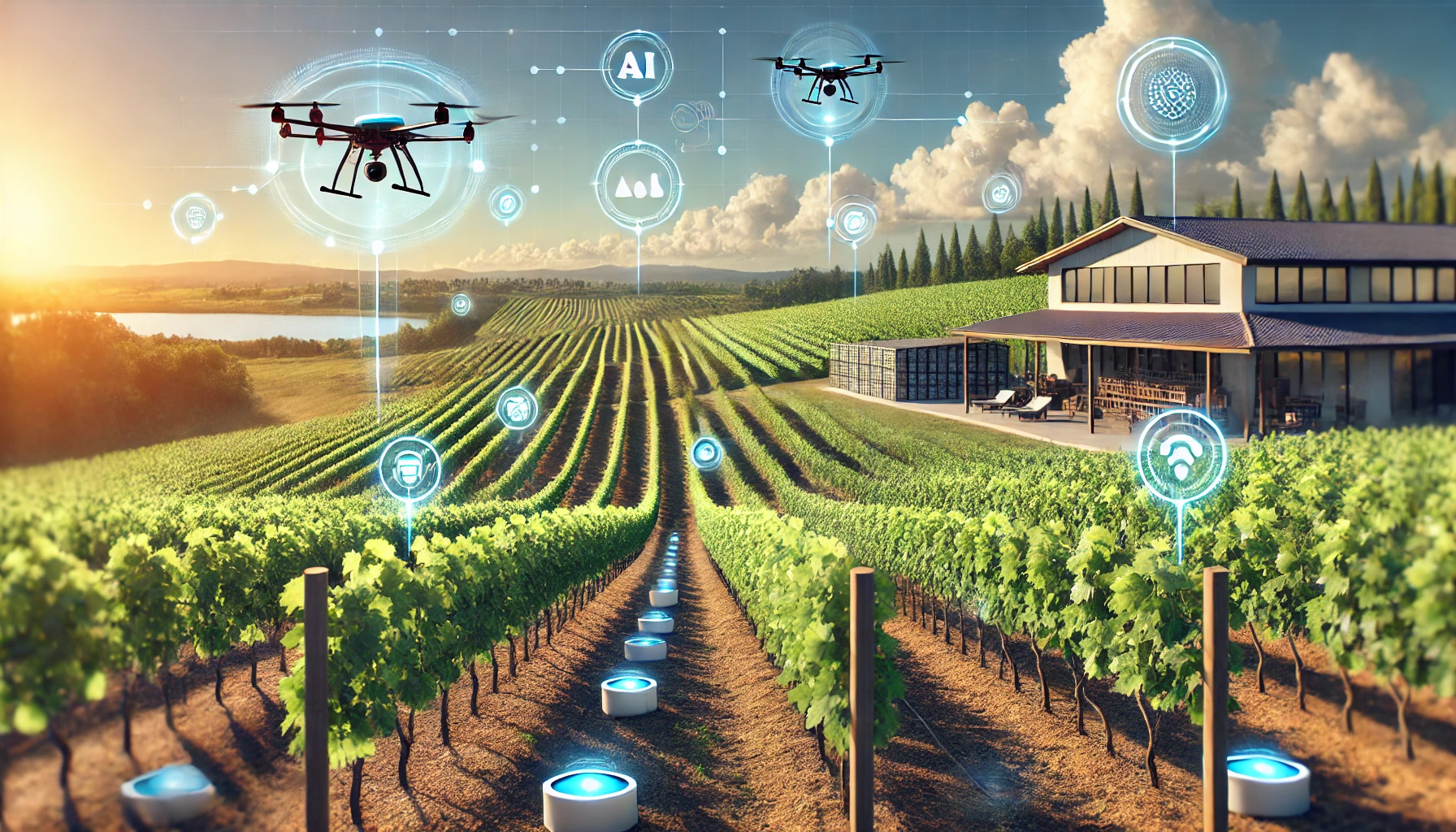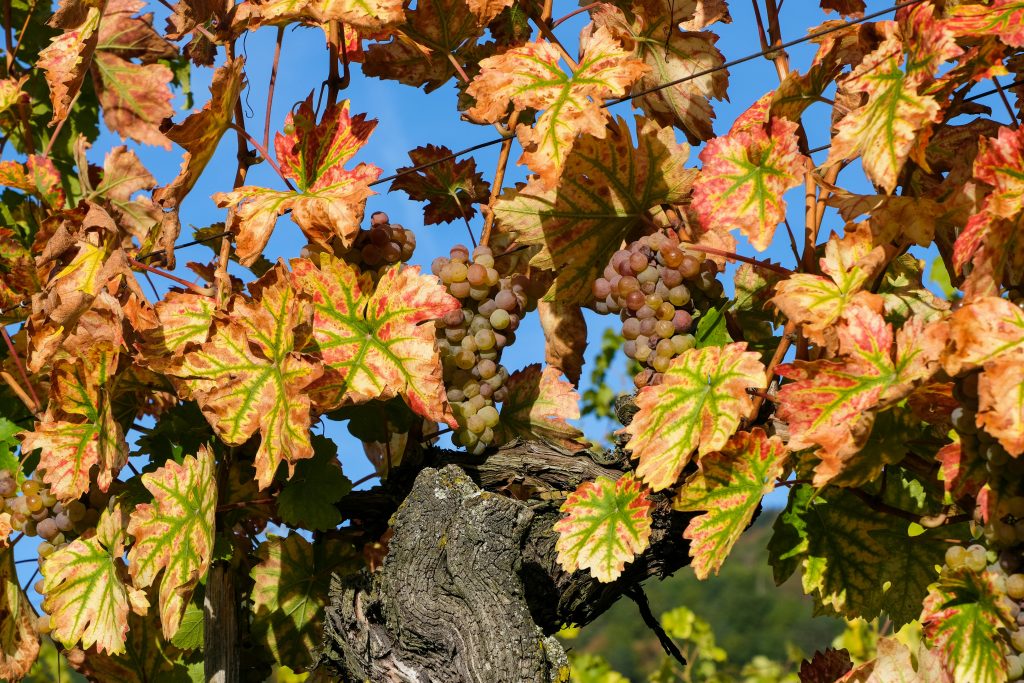The Rise of Low-ABV and No-Alcohol Wines: A Delicious Shift Toward Wellness
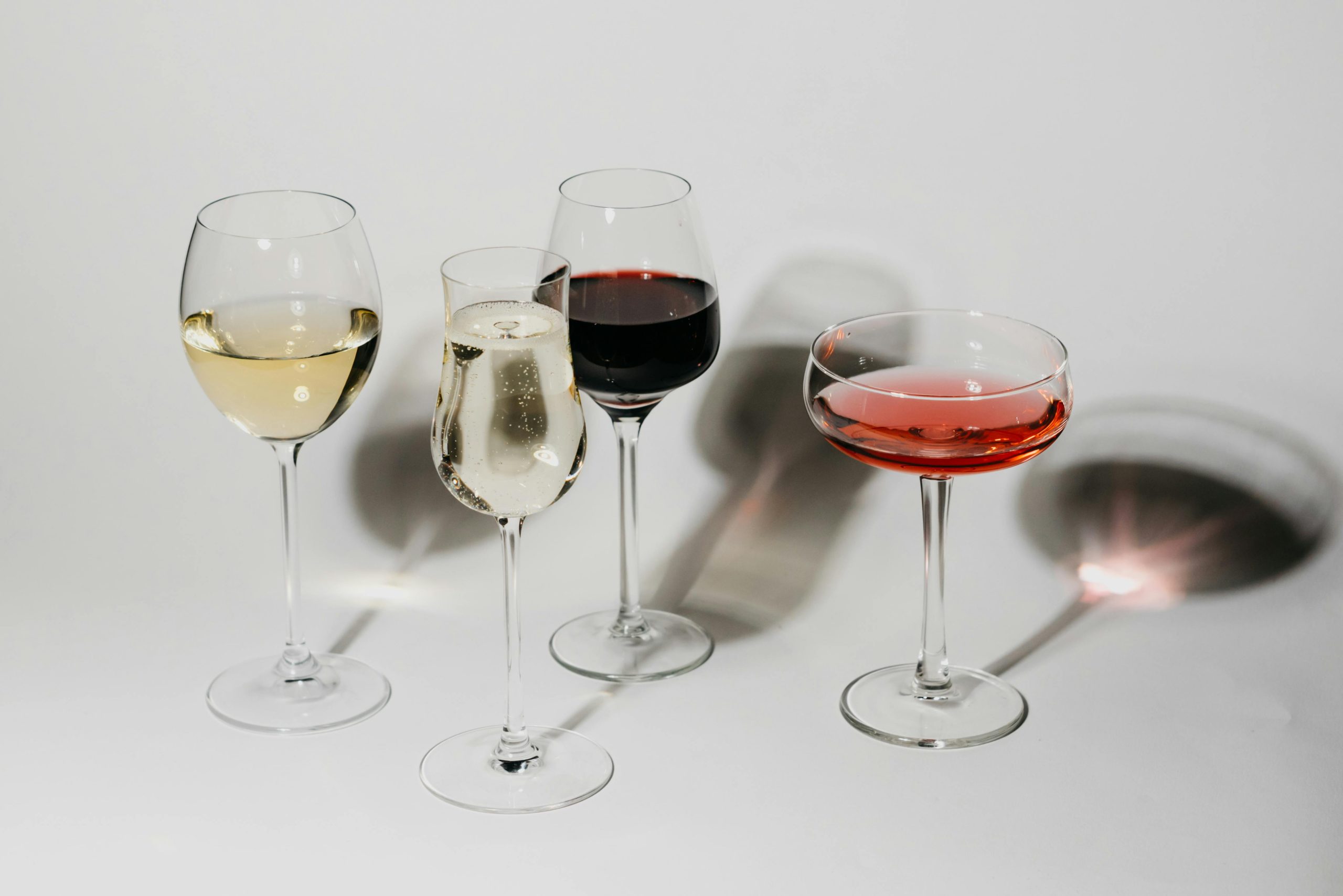
In recent years, the wine scene has seen a major shake-up. Many are rethinking their relationship with alcohol, and not just because of a possible hangover. Wine lovers are looking for lighter, healthier options without sacrificing flavor, and that’s where low-alcohol by volume (Low-ABV) and no-alcohol wines come in. Let’s see why these wines are stealing the spotlight.
What Are Low-ABV and No-Alcohol Wines?
First, let’s clear up what we mean by “Low-ABV” and “No-Alcohol” wines. Low-ABV wines generally have less than 12% alcohol, with some dipping down to 5-8%. It’s the kind of wine that lets you enjoy your evening without feeling it too much the next morning. No-alcohol wines, on the other hand, have less than 0.5% alcohol—pretty close to zero but with all the delicious grape goodness intact.
Now, don’t confuse these with grape juice! Winemakers use clever techniques to make low and no-alcohol wines that still deliver that satisfying sip. Methods like spinning cone technology (yep, it’s as cool as it sounds) and special low-alcohol yeasts keep those rich flavors while dialing down the alcohol content.
Why Are People Embracing This Trend?
So, what’s driving the shift towards these lighter wines? Well, it’s got a lot to do with the rise of the wellness lifestyle. More people are swapping out heavy drinks for lighter ones, all in the name of health and balance. It’s like how plant-based diets took off—now the wine world has its own light and breezy revolution.
Think about it: a glass of full-bodied red or a rich Chardonnay can still have its place, but there’s a time and place for something lighter. And who doesn’t like the idea of waking up without a headache after a fun night out? Low-alcohol and no-alcohol wines let you keep things social without sacrificing your morning yoga class or weekend hike.

Can Low-ABV and No-Alcohol Wines Actually Taste Good?
Let’s get to the juicy part: do these lighter wines actually taste good? The short answer is yes! In the past, alcohol-free options tasted, well, a little flat. But not anymore. Today’s winemakers are working magic, creating low-alcohol Rieslings with zippy acidity, sparkling Proseccos with that perfect pop, and reds that still bring some body to the table.
Brands like Thomson & Scott Noughty and Leitz Eins Zwei Zero are proving that you don’t need alcohol to enjoy a good bottle. These wines manage to keep the flavors, the aromas, and even that little bit of texture that makes wine so satisfying. It’s like the best of both worlds—no buzz, but all the taste.
Who’s Drinking These Wines?
It’s not just health nuts and designated drivers jumping on this trend. Millennials and Gen Z are leading the charge, choosing to drink mindfully rather than just for the buzz. They’re all about savoring the moment, enjoying the flavors, and being present in their social experiences.
And they’re not alone. Expecting parents, athletes, and those just cutting down on alcohol are all sipping these wines too. Low-alcohol wines fit right into dinner parties, beach days, and cozy nights in. And since you can have a glass or two without feeling sluggish, it’s a win-win.

How Do Winemakers Keep the Flavor Without the Alcohol?
Here’s a little peek behind the scenes of how these wines are made. One cool technique is reverse osmosis. Sounds like sci-fi, right? It’s a process that separates the alcohol from the wine while keeping the tasty parts intact. Another method is vacuum distillation, which removes alcohol with a gentle heat that preserves the wine’s character.
Some winemakers even stop fermentation early to keep alcohol levels low. This technique works especially well with sweet or aromatic grapes like Moscato or Riesling. The result? A wine that keeps those fruity, floral notes while staying light on the booze.
Not Just a Passing Fad—It’s Here to Stay
At first, it might have seemed like a trend that would fizzle out. But low-ABV and no-alcohol wines are here to stay. The global market for non-alcoholic wine is set to surpass $1 billion soon. That’s a lot of people saying “cheers” without the buzz!
The pandemic played a big role too. With everyone stuck at home, people started rethinking their drinking habits. Brands like Fre and Giesen stepped up to offer new alcohol-free options that felt a little more special than a plain ol’ glass of water. Suddenly, having a low-key wine night became a whole lot easier.
Pairing Low-ABV Wines with Food
Low-ABV and no-alcohol wines aren’t just for sipping—they can hold their own at the dinner table too. A low-alcohol Riesling pairs perfectly with spicy Thai food or Mexican tacos. The touch of sweetness balances out the heat, letting the flavors dance on your taste buds.
Sparkling rosés can handle lighter dishes like seafood or fresh salads, while zero-alcohol reds can be great with veggie kebabs straight off the grill. The best part? You can pour a second glass without feeling like you need a nap afterward.

Finding the Right Low-ABV Wine
If you’re ready to dive in, here are a few tips for picking out a great bottle:
- Read the Label: Look for winemakers who specialize in low-alcohol options. They’ve put in the time to get it right.
- Think Cool Climate: Regions like Germany or New Zealand often produce wines with naturally lower alcohol levels, thanks to slower grape ripening.
- Sparkling Is a Safe Bet: Sparkling wines tend to have a lower ABV naturally, making them an easy way to ease into the world of lighter wines.
- Try a Few: Just like with regular wines, you’ll find plenty of variety. Explore different styles until you find your favorite.
What’s Next for the Low-ABV and No-Alcohol Scene?
Looking ahead, it’s clear that the future of low-ABV and no-alcohol wines is just getting started. Winemakers are innovating left and right, and consumers are more than happy to explore new flavors. Whether you’re taking a break from alcohol, trying to make healthier choices, or just curious about the new buzz (or lack thereof), there’s never been a better time to raise a lighter glass.


